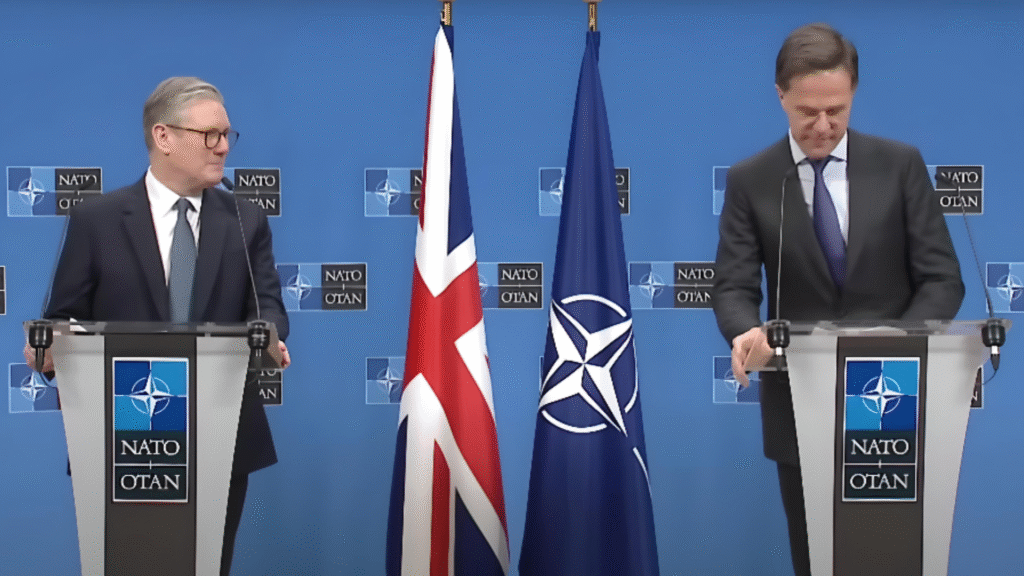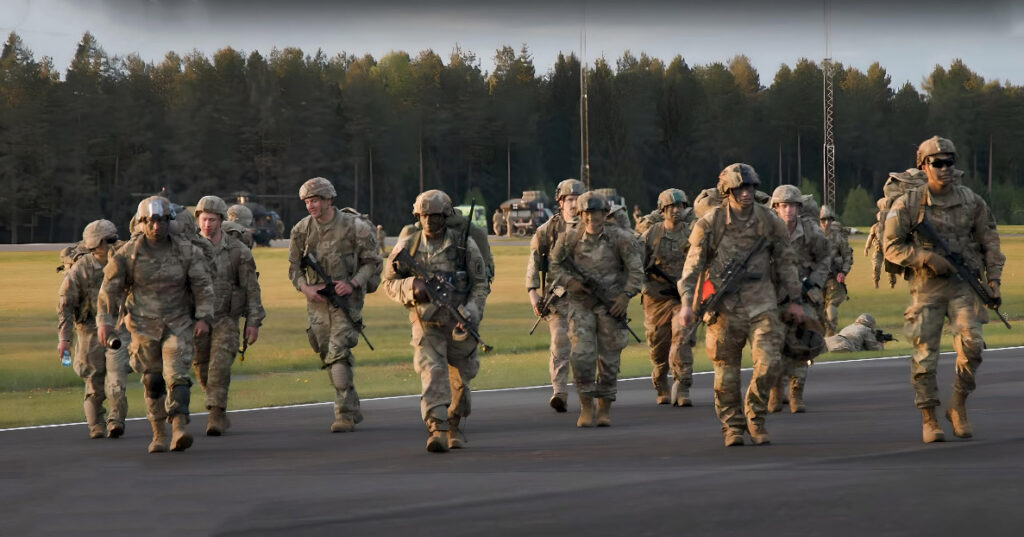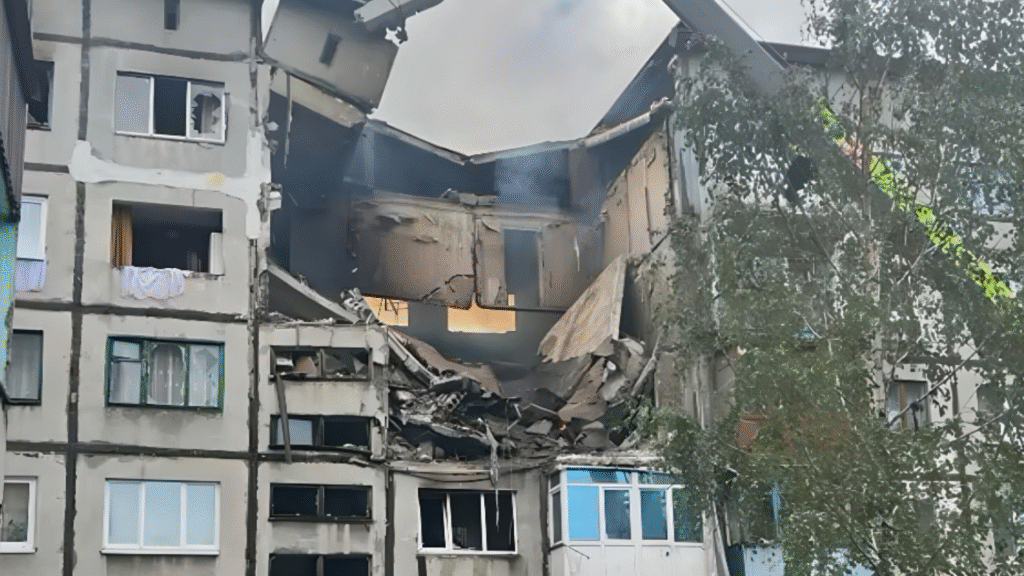A significant pivot in London and Paris’s approach to supporting Ukraine has emerged, with both capitals stepping back from earlier discussions about deploying a large military contingent to Ukrainian soil. Sources close to the matter confirm that the decision stems from the absence of critical air and intelligence support from the United States, which would severely compromise the safety and feasibility of such a mission.
The concept of a multinational force, potentially numbering up to 30,000 troops, had been floated as a means to stabilize the region in the event of a peace agreement. High-level talks in Paris and London explored this option for months, envisioning a role for the force in securing key Ukrainian territories without engaging in active combat. The plan was seen as a bold alternative to the existing framework of aid.
However, priorities have shifted. With Washington unwilling to provide even limited aviation or intelligence backing, European leaders have concluded that a more pragmatic approach is necessary—one that strengthens Ukraine’s defensive capabilities without the physical presence of foreign troops.
Instead, Paris and London are doubling down on expanding military training programs for Ukrainian forces and increasing the supply of advanced weaponry. This includes air defense systems, anti-ship missiles, and drones, which are expected to play a pivotal role in securing Ukraine’s sovereignty without the need for an external military presence.
Officials in both capitals emphasize that supporting Ukraine remains a top priority, but the form of assistance must align with current political and military realities. Among these realities is a noticeable shift in the U.S. administration’s stance, which has grown increasingly cautious about direct involvement in European conflicts.
This recalibration moves the focus from boots on the ground to long-term reinforcement of Ukraine’s self-reliance. Analysts suggest this could prove a more sustainable model of support, particularly amid growing political uncertainty and diverging international approaches to resolving the crisis.



